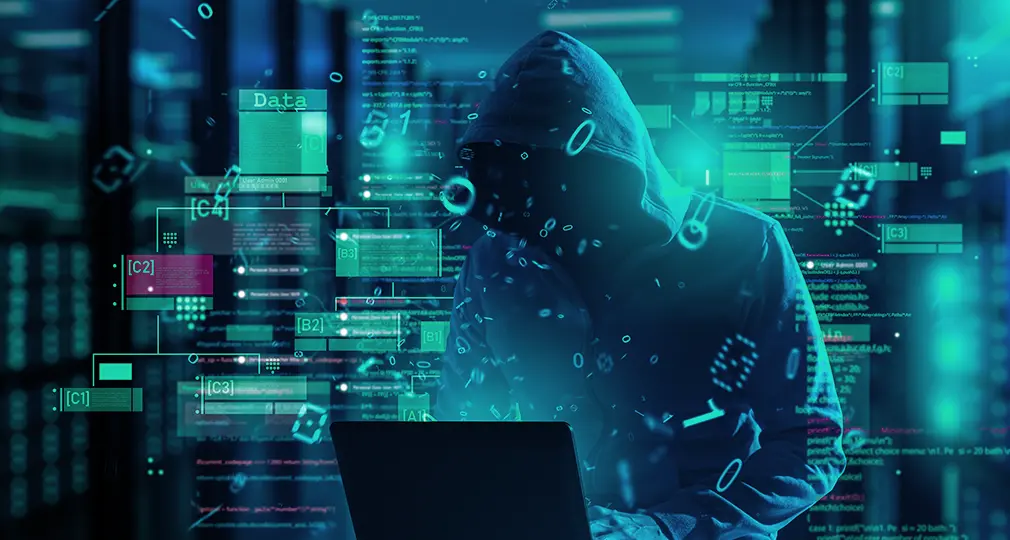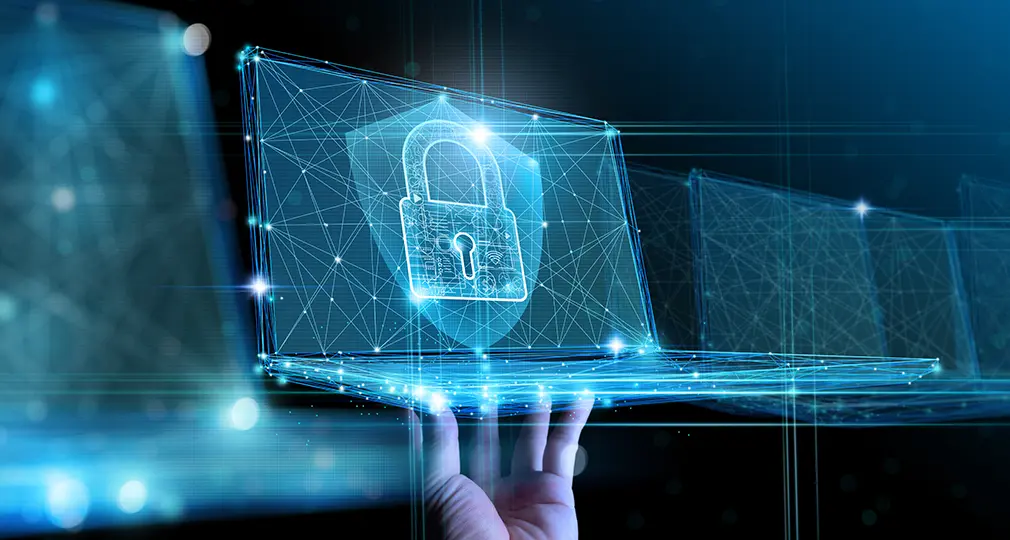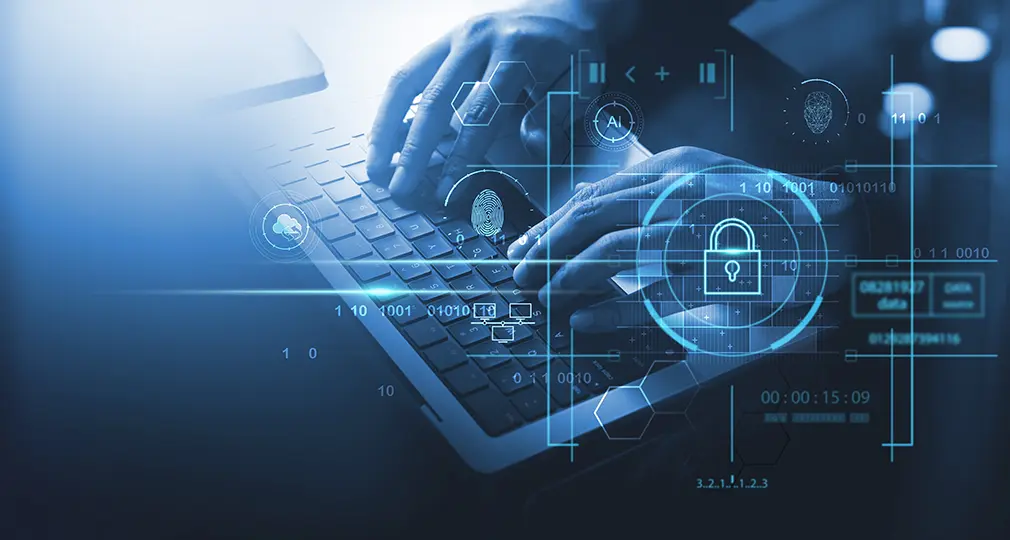In an era where technology reigns supreme and online entertainment knows no bounds, the world of iGaming has emerged as a global juggernaut, captivating the imaginations of millions. The iGaming sector provides a world of excitement at the push of a mouse, from the appeal of virtual casinos to the rush of esports and the thrill of sports betting. Yet, with tremendous potential also comes great risk, and in this digital age, the threat of cyberattacks is more real than ever.
Security in iGaming business is no longer a choice but an absolute imperative. As the industry continues to expand, so does its attractiveness to evil actors trying to exploit vulnerabilities for financial gain or mischief. The stakes are high, with vast sums of money changing hands daily and the sensitive personal data of players hanging in the balance.
This article goes further into the iGaming industry, where cybersecurity serves as a gatekeeper and watchdog. We explore the evolving threats and uncover the real-world consequences of security breaches. But fear not, we also discover an arsenal of cutting-edge tools, strategies, and emerging trends that empower iGaming companies to safeguard their operations and customers.
Cybersecurity Threats in iGaming
IGaming’s appeal to bad actors looking to take advantage of weaknesses for monetary gain, fraud, or other nefarious objectives grows as it continues to grow. Below are some of the most prevalent cybersecurity threats facing iGaming partners and companies:
| Cybersecurity threats | Description | Impact |
| Data Breaches and Leaks | In order to steal sensitive player data, including personal and financial information, hackers attack iGaming systems. | Data breaches can result in identity theft, financial fraud, and harm to iGaming organizations’ reputations. |
| DDoS Attacks (Distributed Denial of Service) | Cybercriminals overwhelm iGaming websites and services with traffic, rendering them inaccessible to users. | DDoS attacks disrupt operations, leading to revenue loss and customer frustration. |
| Insider Threats | Data integrity and security may be jeopardized by negligent or malicious behavior on the part of workers or contractors. | Data theft, illegal access, or the alteration of gaming outcomes are all possible effects of insider threats. |
| Phishing and Social Engineering | To deceive participants or workers into disclosing critical information or clicking on dangerous links, cybercriminals utilize fake emails, messaging, or social engineering techniques. | Successful phishing attacks can lead to account compromise, financial loss, or the spread of malware. |
| Malware and Ransomware | iGaming systems may become infected by malicious software, which might result in data loss, system interruption, or ransom demands. | Operations can be rendered inoperable by malware and ransomware, which can seriously harm businesses’ finances and reputations. |
| Payment Fraud | Criminals attempt to make fraudulent transactions or manipulate payment processes, resulting in financial losses for both players and iGaming companies. | Payment fraud can damage trust among players and lead to legal and financial repercussions. |
| Account Takeovers | Attackers get access without authorization to player accounts, allowing them to steal funds or manipulate gameplay. | Account takeovers erode player trust and can lead to substantial financial losses for both players and iGaming operators. |
| Third-Party Vulnerabilities | It is possible to compromise the security of iGaming platforms by taking advantage of flaws in third-party applications, services, or alliances. | Third-party vulnerabilities can expose customer data and disrupt operations. |
| Regulatory and Compliance Challenges | iGaming businesses are exposed to legal and regulatory risks since they must traverse a complicated web of rules and compliance requirements. | Non-compliance can result in fines, legal action, and damage to a company’s reputation. |
| Emerging Threats | As technology evolves, new threats such as AI-driven attacks, quantum computing threats, and novel attack vectors may emerge, challenging the security landscape. | The emergence of evolving cyber threats pose significant risks, including financial losses, damage of reputation, and regulatory scrutiny, necessitating constant vigilance and adaptation to protect both operators and players. |
Top Cybersecurity Tools for iGaming
Security of player data and the integrity of gaming outcomes are paramount, the choice of cybersecurity iGaming tools can make the difference between success and catastrophe. Here, we explore some of the top-tier tools and technologies that iGaming companies rely on to fortify their defenses:
- Antivirus and Anti-Malware Software: The first line of defense, antivirus and anti-malware programs scan and detect malicious software, preventing it from infiltrating iGaming systems and compromising player information.
- Firewall and Intrusion Detection Systems (IDS/IPS): Incoming and outgoing network traffic is controlled by firewalls as gatekeepers, while intrusion detection and prevention systems keep an eye out for unusual activity and react quickly to threats.
- Encryption Technologies: Robust encryption algorithms protect sensitive data during transmission and storage, ensuring that player information remains confidential and secure.
- Security Information and Event Management (SIEM) Solutions: SIEM platforms aggregate and analyze data from various sources, providing real-time visibility into security events, threats, and anomalies.
- Multi-Factor Authentication (MFA) Systems: MFA adds an additional layer of protection by requesting various forms of identification from users, making it far more challenging for illegal access.
- Penetration Testing Tools: Ethical hackers use penetration testing tools to identify vulnerabilities within iGaming systems, helping operators proactively address weaknesses before malicious actors can exploit them.
- Blockchain Technology: Leveraging the immutable ledger of blockchain, some iGaming platforms offer secure and transparent transactions, reducing fraud risks and ensuring fair gaming outcomes.
- Third-Party Security Services and Providers: iGaming companies often collaborate with specialized security firms to conduct thorough audits, monitor for threats, and stay ahead of evolving cyber threats.

Cybersecurity Strategies for iGaming
Implement Strong Cybersecurity Measures to Protect Against DDoS and Bot Attacks
The threat of Distributed Denial of Service (DDoS) attacks looms large, capable of rendering a platform inaccessible for hours or days and incurring losses of up to $40,000 per hour. These attacks manifest on various layers, complicating their detection and prevention. Application layer attacks overload services or databases with a deluge of application calls, while network and transport layer attacks overwhelm core resources. Notably, application layer DDoS attacks pose a formidable challenge, mimicking normal user behavior and eluding detection by even top-tier firewalls and biometric safeguards. To fortify against these perils, iGaming enterprises can employ real-time payment monitoring tools featuring behavioral analytics. These tools harness data from networks, applications, and payloads to bolster security.
Target Cybercriminals Without Sacrificing Revenue
The difficulty of protecting revenue streams is made more difficult by the fact that traditional cybersecurity solutions frequently fail to recognize and stop evolving cyber threats. Since traditional firewalls typically function at the IP address and port levels, they may unintentionally block genuine users who share an IP address or port during a DDoS attack or other high-velocity assault. This causes a large number of false positives, client annoyance, and revenue loss. Contemporary cybersecurity systems use both supervised and unsupervised machine learning to build dynamic client profiles and identify new risks in real time. Within milliseconds, these self-learning machine learning models update automatically and give risk scores to transactions, banning only illegal activity while preserving lawful activity.
Safeguard User Accounts
Losses caused by cyberattacks go beyond financial issues; casinos and betting shops also protect their customers’ personal and payment information, which might be targeted by hackers. Businesses must strengthen player account security because malicious actors can compromise user accounts or carry out identity-based attacks. iGaming firms are able to see suspicious behavioral patterns and abnormalities and prevent them from happening in the first place thanks to continuous real-time screening and transaction monitoring, which are complemented by automated risk assessment. This protects their brand from reputational damage.

Vigilantly Address Weak Links in the System
A competent staff and purchasing cybersecurity technologies are important first steps, but it’s also necessary to regularly check for system weaknesses and vulnerabilities. An online gaming business may advertise reliable player authentication methods while ignoring other crucial security aspects. It’s crucial to check whether your company has the necessary data and immediate availability, has networks and apps protected with several layers, and is keeping an eye out for certain danger vectors. By routinely including these inquiries in team assessments, you can maintain awareness of changing dangers.
Maintain Regulatory Compliance
The Know Your Customer (KYC) and Know Your Supplier (KYS) laws must be followed in order for the gaming business to function within a highly regulated environment. In order to avoid sanctions and, in some countries, disclose cyberattack events, online gambling firms must also set up effective anti-money laundering (AML) systems. By automatically separating hostile actors and suspicious activity from legal players and visitors, real-time transaction monitoring, backed by machine learning and behavioral analytics, improves the security posture of iGaming firms.
Secure Cryptocurrency and Digital Payments
As more companies use Bitcoin for online gambling and sports betting, protecting digital currencies should be a top priority for the cybersecurity strategy. Utilizing integrated technologies for fraud detection and real-time monitoring of digital transactions strengthens defenses against hostile actors and improves access to up-to-date information, protecting the business’s financial interests.
Emerging Trends in iGaming Cybersecurity
In 2023, we see numerous trends that impact cybersecurity. Cyber threats using AI and IoT are growing, but tech also aids cybersecurity. As 5G, automation, and AI advance, challenges and opportunities arise. Increased online data sharing leads to rising cyber threats like identity theft and phishing. That’s why it’s crucial to understand current security trends and how to work with them.

- Internet of Things (IoT): It connects devices globally, but it faces growing cybersecurity threats, including unencrypted data, hardcoded passwords, and 5G integration. Companies are developing 5G solutions for defense.
- Quantum Computing: While quantum computing has enormous promise, it also presents security threats. As funding increases, cybersecurity must adjust to new dangers
- Artificial Intelligence: AI and ML enhance cybersecurity by analyzing data, detecting anomalies, and predicting breaches. Challenges include scalability, energy use, and regulations.
- Zero-Trust Security: The zero-trust model continuously verifies trust, reducing insider threats. Components include advanced authentication, continuous monitoring, and robust encryption.
- Cloud Computing and Security: Cloud security relies on IAM, encryption, VPNs, and SASE solutions to protect data in remote work environments.
- 5G Technology: 5G expands connectivity but increases the attack surface and data interception risks, especially for IoT devices.
- The Rise of Metaverse: Metaverse security concerns include safeguarding virtual assets, identity fraud, and privacy in immersive digital experiences.
- Behavioral Biometrics: This technology strengthens security by analyzing user-specific behaviors but faces challenges like privacy and false positives/negatives.
Conclusion
As iGaming continues to expand, the allure it presents to malicious actors seeking financial gain or chaos has grown exponentially. iGaming companies confront a spectrum of risks that could jeopardize player trust and financial stability. However, armed with cutting-edge tools and technologies such as antivirus software, firewalls, encryption, and blockchain, these companies stand ready to defend their operations and safeguard player data.
Moreover, strategic approaches like real-time payment monitoring, advanced machine learning, and zero-trust security models empower iGaming enterprises to keep ahead of new dangers while preserving their revenue streams and adhering to regulatory requirements.
As we step into 2023, the iGaming cybersecurity landscape is poised for further evolution. Trends like the Internet of Things, quantum computing, artificial intelligence, and the metaverse promise both challenges and opportunities. To navigate this ever-changing terrain, iGaming companies must remain proactive, flexible, and proactive in embracing the latest cybersecurity innovations.
In conclusion, the world of iGaming may be a universe of excitement, but it is also a battleground where cybersecurity serves as the ultimate gatekeeper. With the right tools, strategies, and awareness of emerging trends, the iGaming industry can continue to thrive while ensuring the safety and trust of its players.












